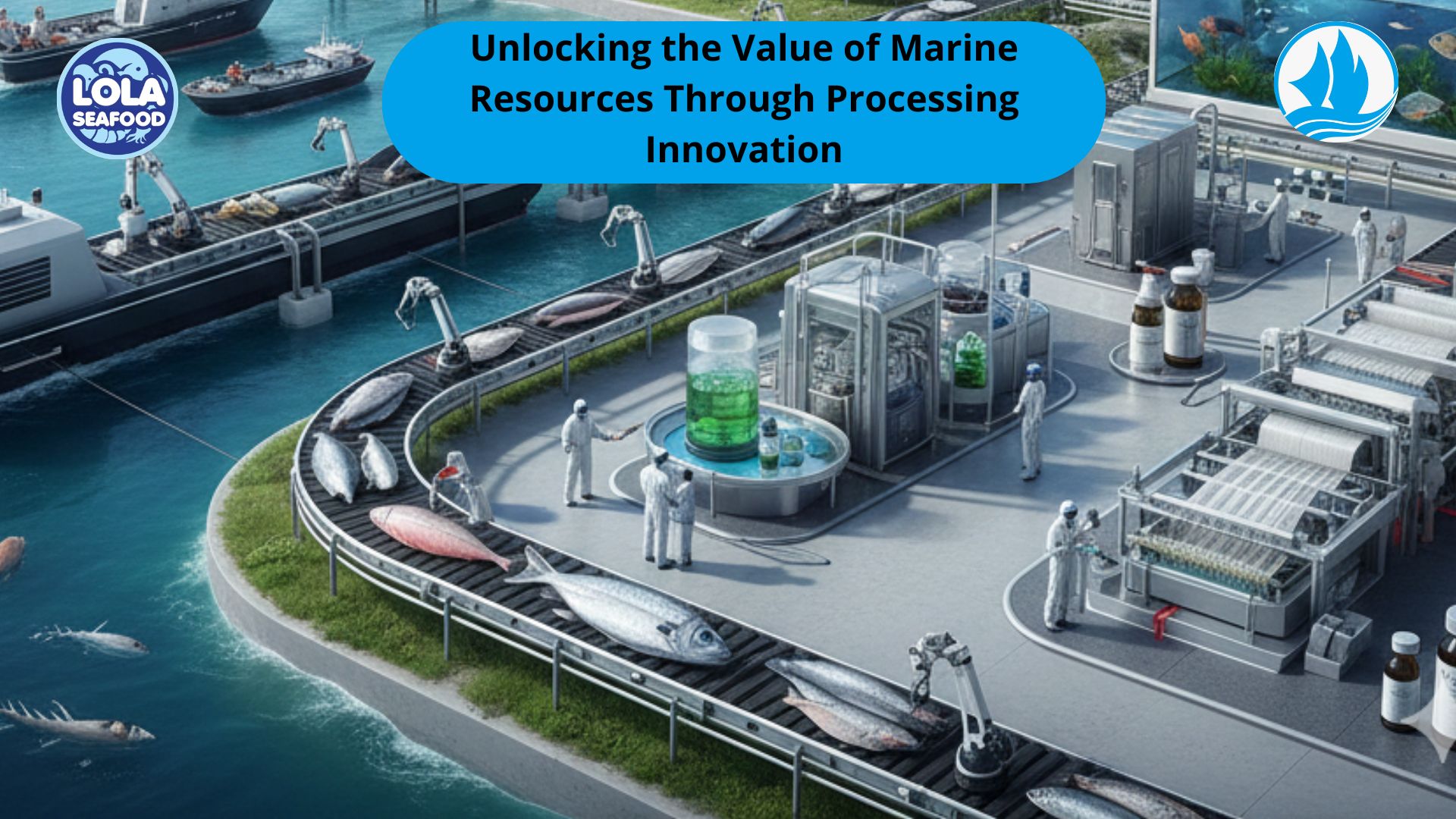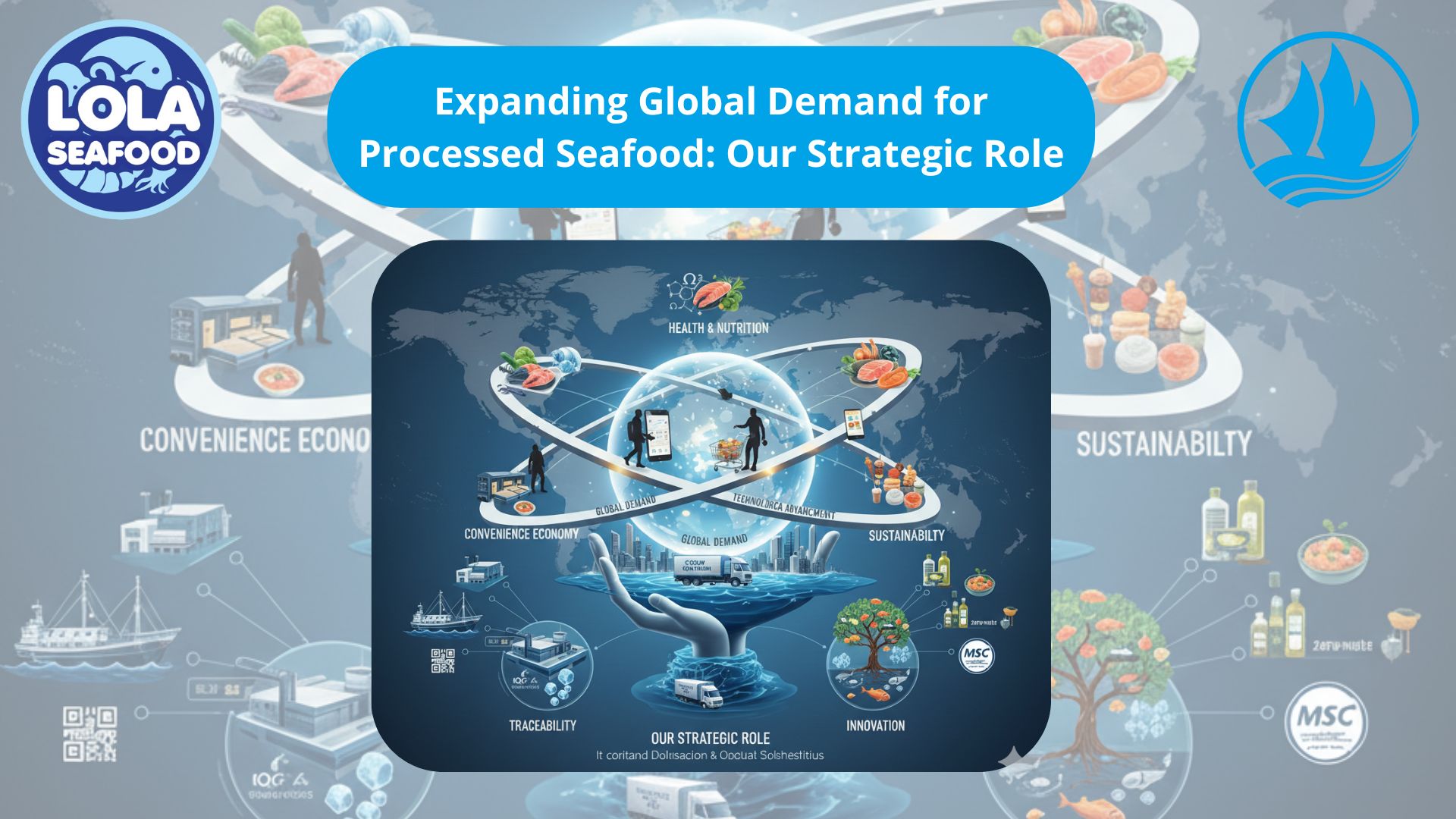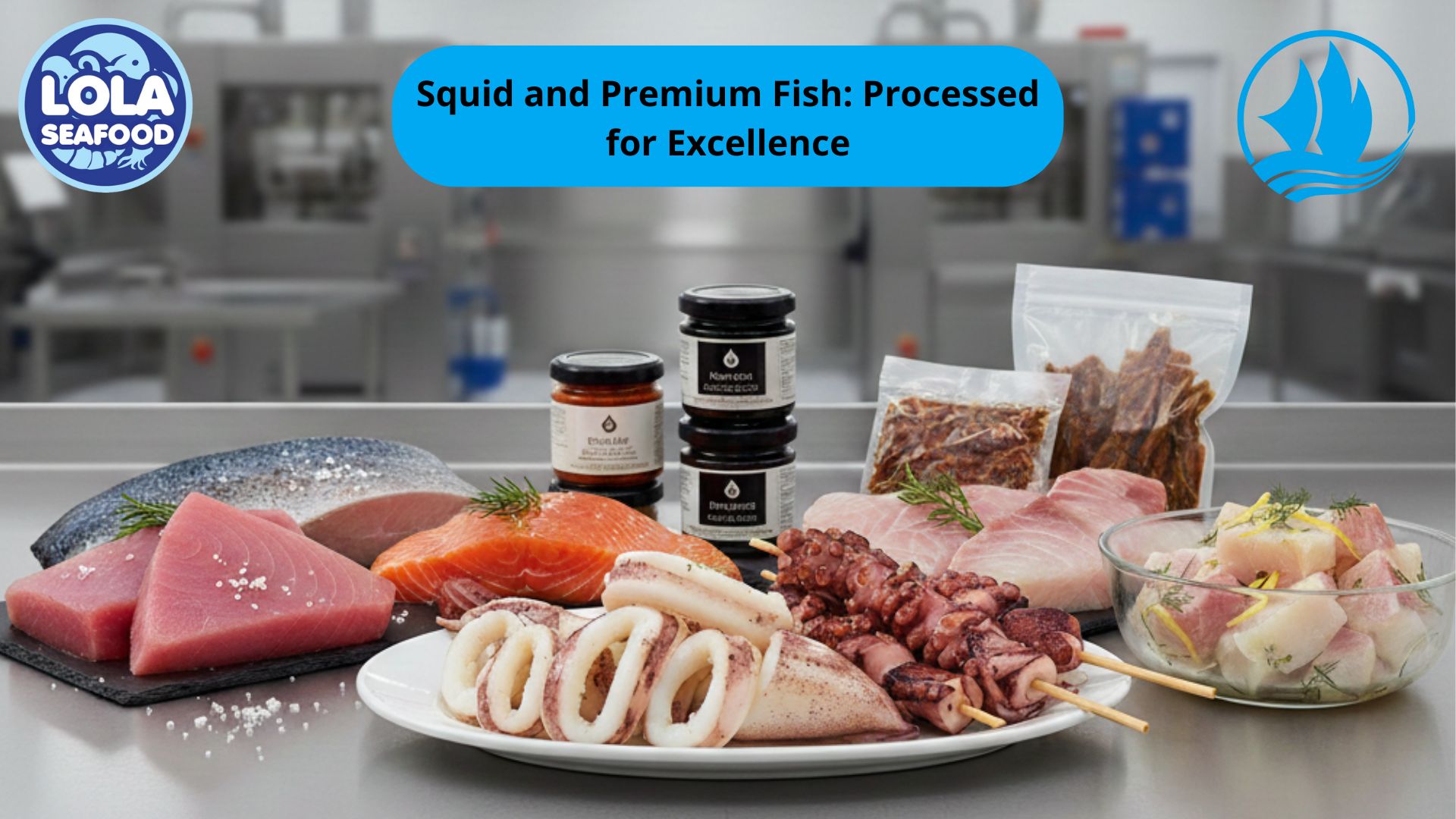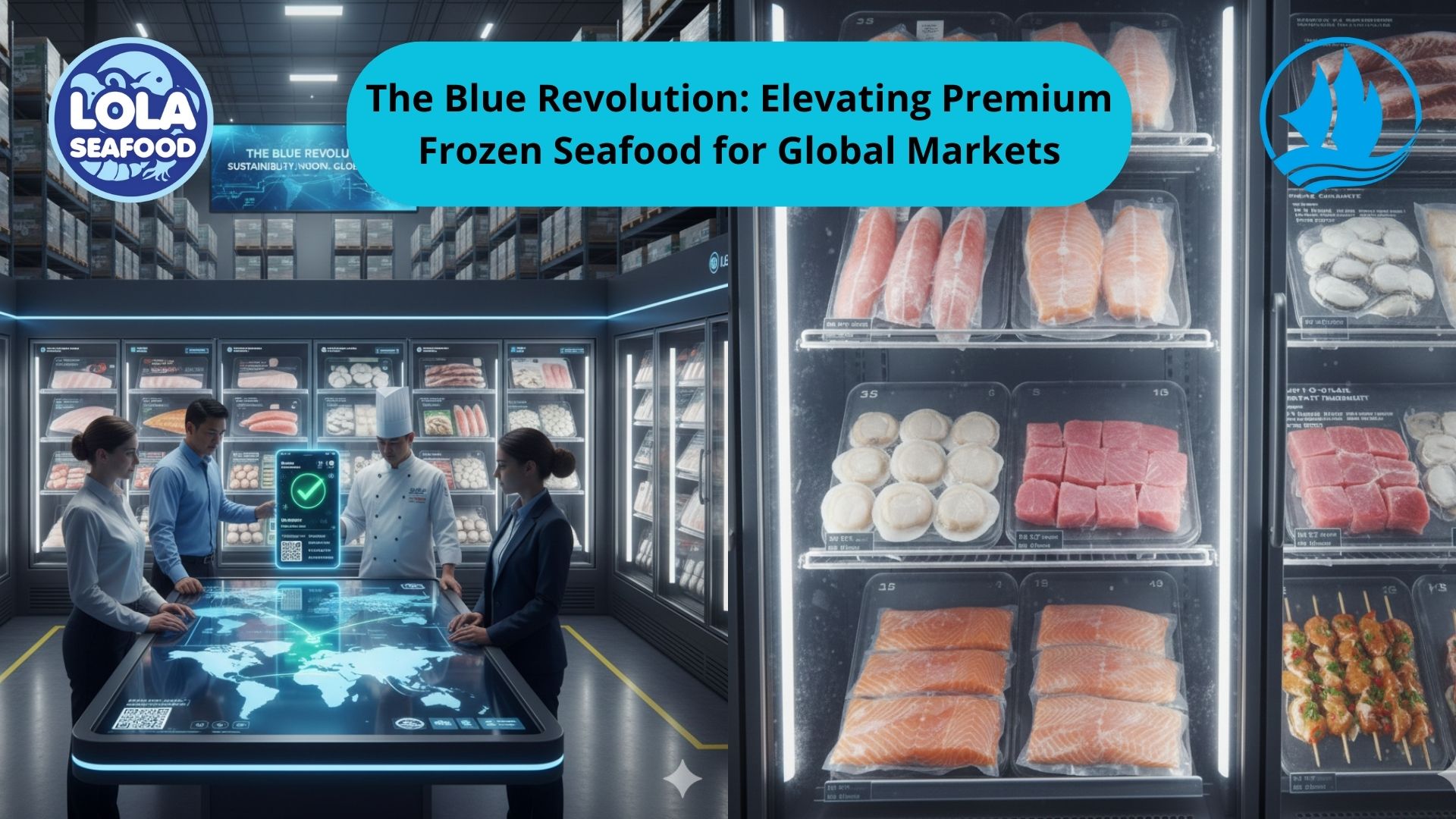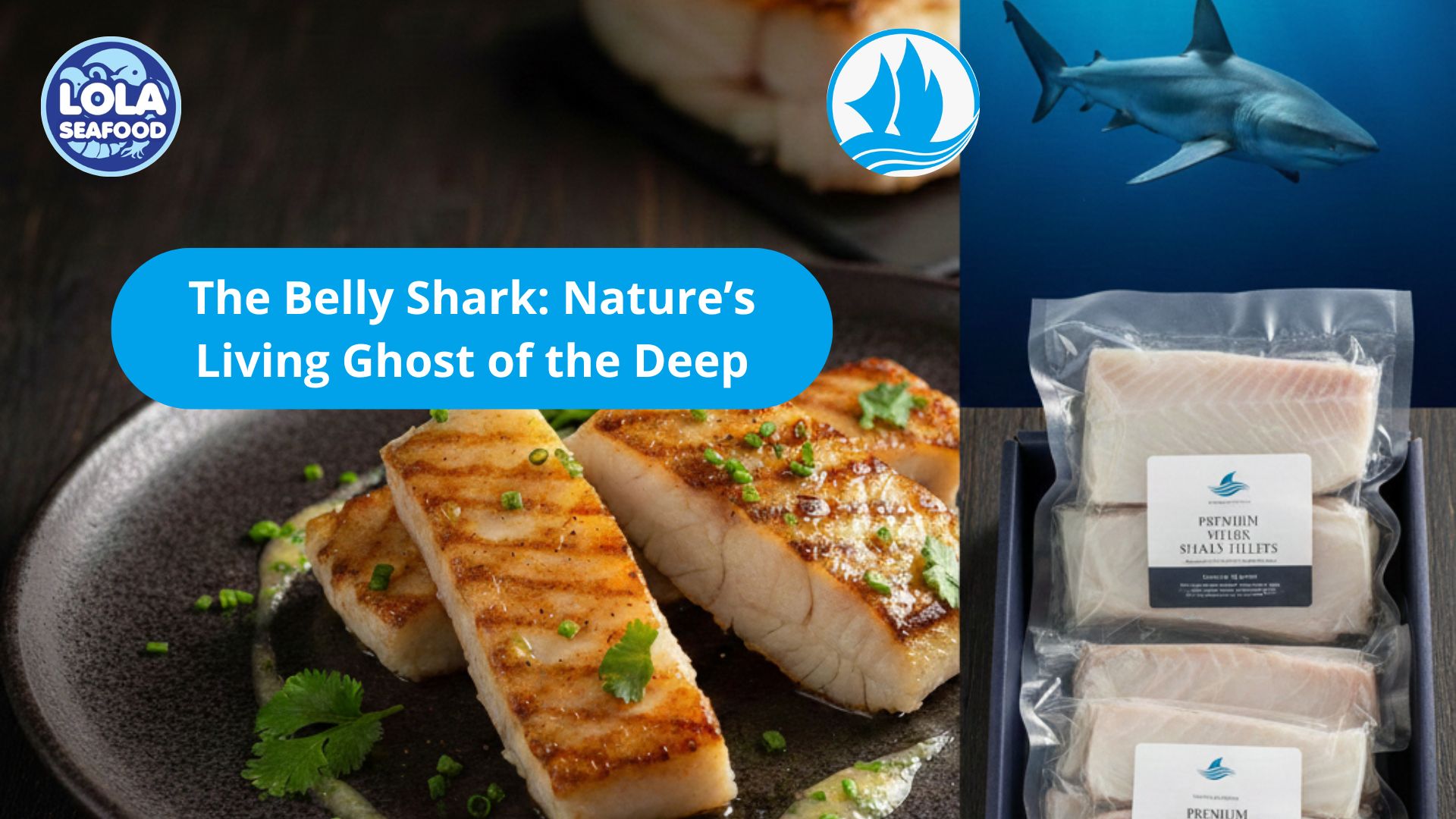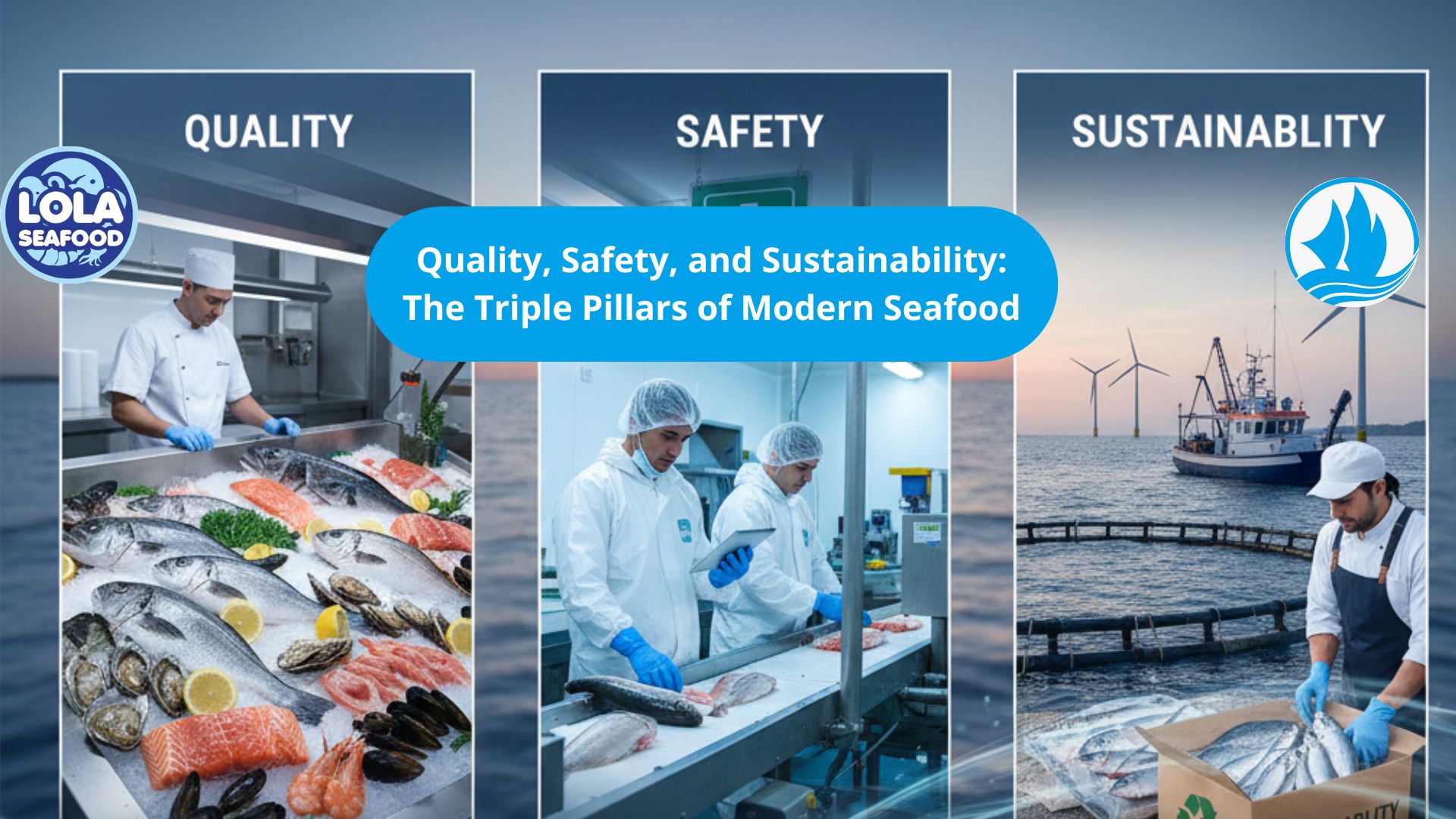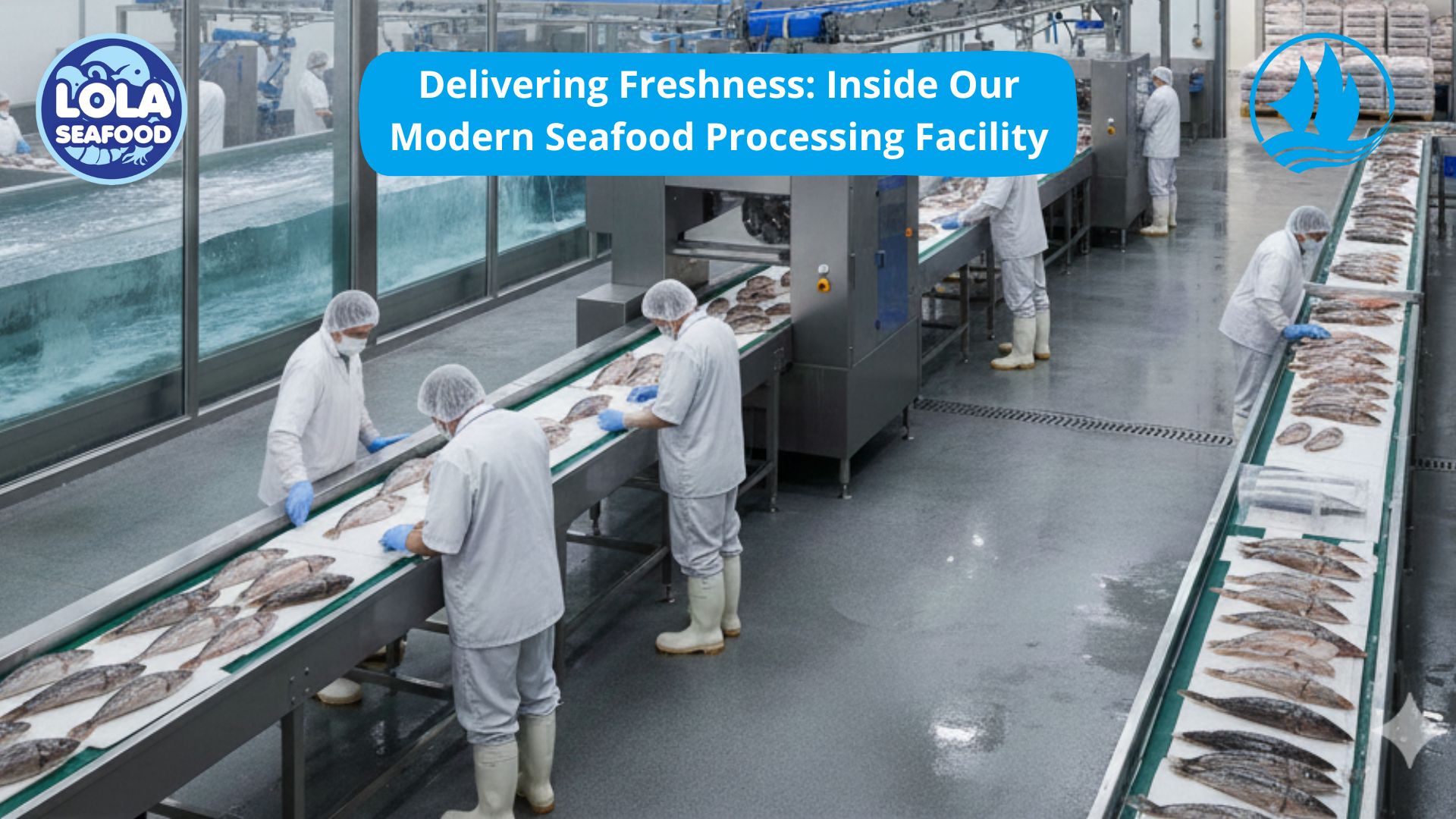This Is How to Utilize the Waste of the Fish Processing Industry
By. Agung Kurniawan - 07 Jan 2025.jpg)
Kelolalaut.com The fish processing industry generates substantial by-products, often considered waste, such as heads, bones, scales, skin, viscera, and fins. However, these materials are rich in valuable nutrients and compounds that can be repurposed into various products. Effective utilization of this waste can transform it into a resource, reducing environmental impact, increasing profitability, and supporting sustainability. Here's how the fish processing industry can turn waste into wealth.
1. Producing Fish Meal and Fish Oil
Fishmeal and fish oil are two of the most common by-products derived from fish waste. Heads, bones, and viscera are rich in protein and essential fatty acids, making them ideal for these products. Fishmeal is widely used as feed in aquaculture, poultry, and livestock industries, while fish oil is a valuable ingredient in nutritional supplements due to its high omega-3 content. The production process involves cooking, pressing, and drying, ensuring minimal waste and maximum resource efficiency.
2. Creating Collagen and Gelatine
Fish skin and scales are excellent sources of collagen, a protein increasingly used in the beauty, food, and pharmaceutical industries. Collagen can be extracted and hydrolysed into peptides, which are popular in anti-aging skincare products and dietary supplements. Similarly, gelatine, derived from fish collagen, is used in food products like gummy candies and marshmallows, as well as in medicinal capsules.
3. Bioactive Compounds and Nutraceuticals
Fish waste contains a variety of bioactive compounds, including enzymes, antioxidants, and peptides, which can be extracted for use in nutraceuticals and functional foods. These compounds promote health benefits such as improved cardiovascular health, enhanced immune function, and anti-inflammatory properties. For instance, fish liver oil is a rich source of vitamins A and D, while peptides from fish protein hydrolysates have potential antihypertensive and antimicrobial properties.
4. Fertilizers and Soil Conditioners
Fish waste, when composted or processed, can be transformed into organic fertilizers. These fertilizers are rich in nitrogen, phosphorus, and potassium, essential nutrients for plant growth. They improve soil structure, enhance microbial activity, and reduce dependency on chemical fertilizers. Farmers, gardeners, and landscaping businesses increasingly use fish-based fertilizers for sustainable agricultural practices.
5. Biogas Production
Anaerobic digestion of fish waste can produce biogas, a renewable energy source. The process breaks down organic matter in the absence of oxygen, generating methane that can be used for electricity, heating, or as vehicle fuel. The residual material, known as digestate, is nutrient-rich and can be used as a fertilizer, ensuring a closed-loop waste management system.
6. Chitosan from Fish Scales and Shells
Chitosan, derived from the shells of crustaceans like shrimp and crabs, has wide-ranging applications. Although not directly fish, the principle applies to seafood processing waste. Chitosan is used in water purification, agriculture, food preservation, and medical products such as wound dressings due to its biocompatibility and antimicrobial properties.
7. Pet Food and Feed Ingredients
Fish waste can also be processed into high-protein feed for pets and farm animals. By combining fish waste with other ingredients, manufacturers create balanced and nutritious pet food products that appeal to environmentally conscious consumers.
The fish processing industry’s waste holds immense untapped potential. Utilizing these by-products not only mitigates environmental challenges but also creates value-added products across various industries. By adopting innovative technologies and sustainable practices, the industry can shift from waste management to resource optimization, contributing to a circular economy.
If youre interested in our Emperor Fillet Skinless, Snapper Fillet Skinless, Crimson Snapper Whole Round, Parrotfish Fillet Skinless, and Grouper Fillet Skinless please do not hesitate to contact us through email and/or whatsapp.
